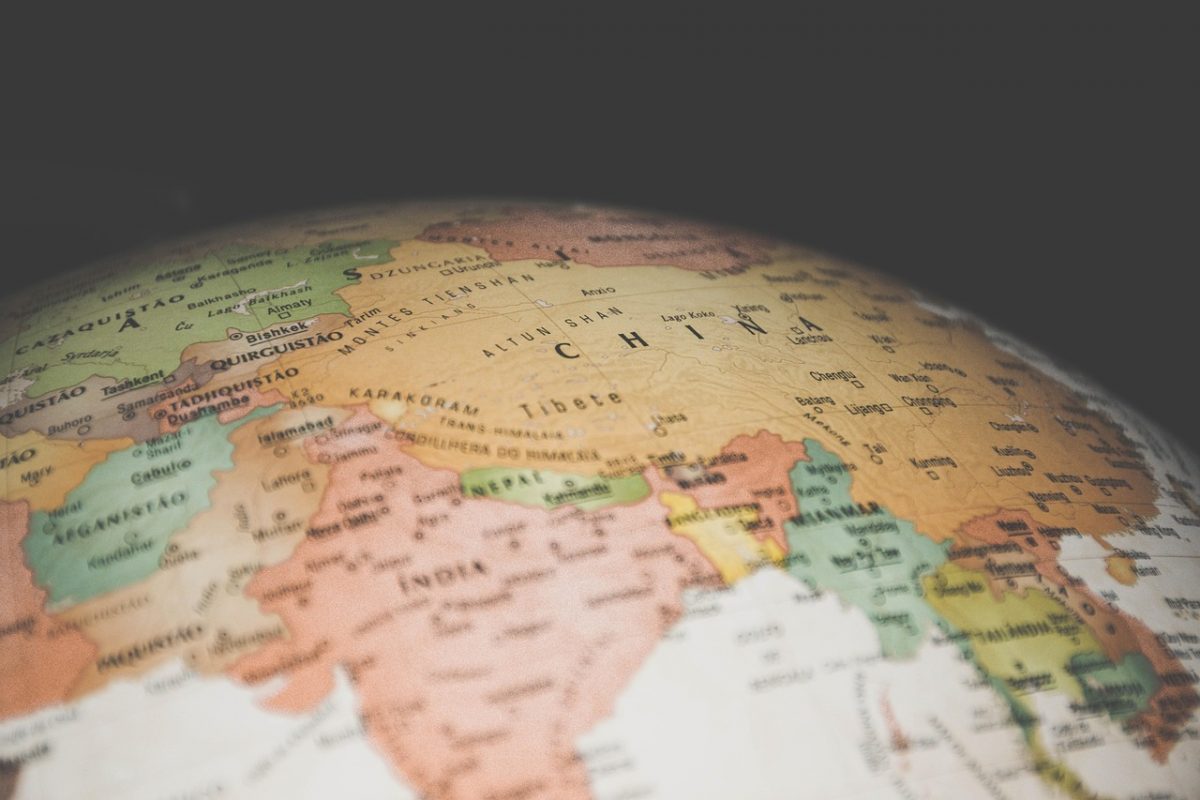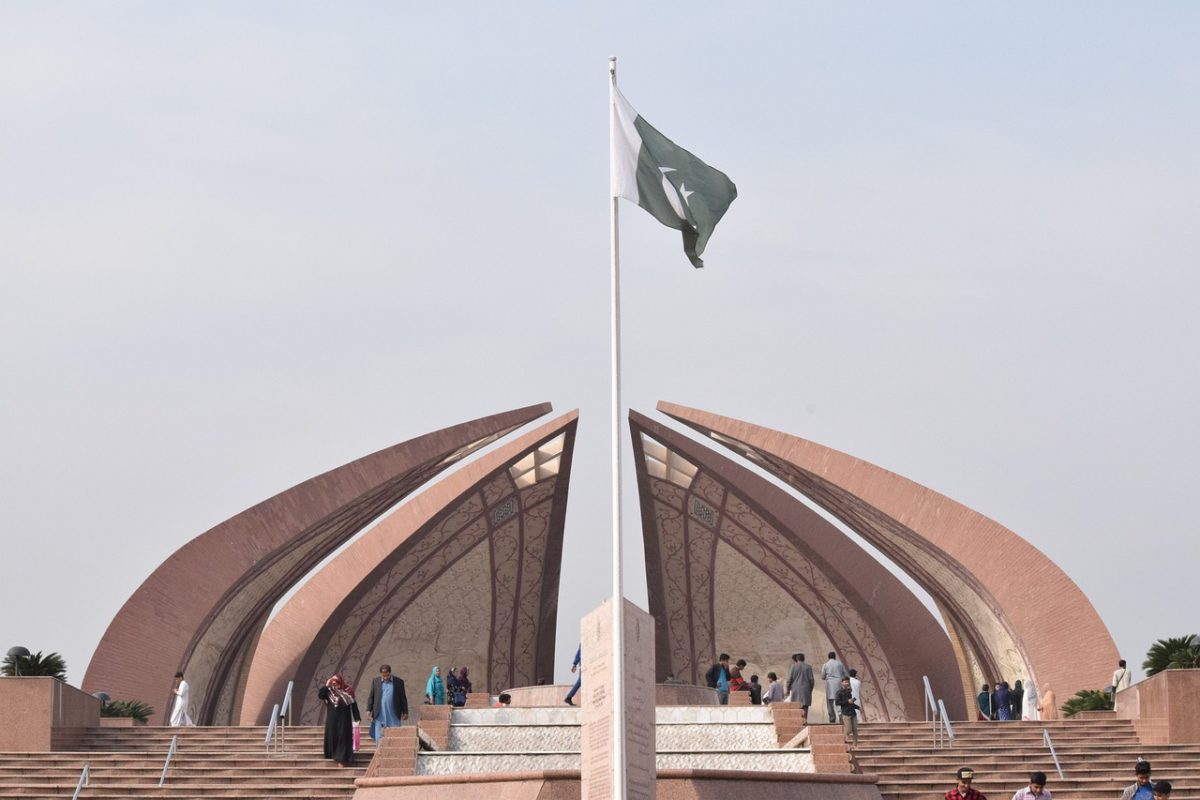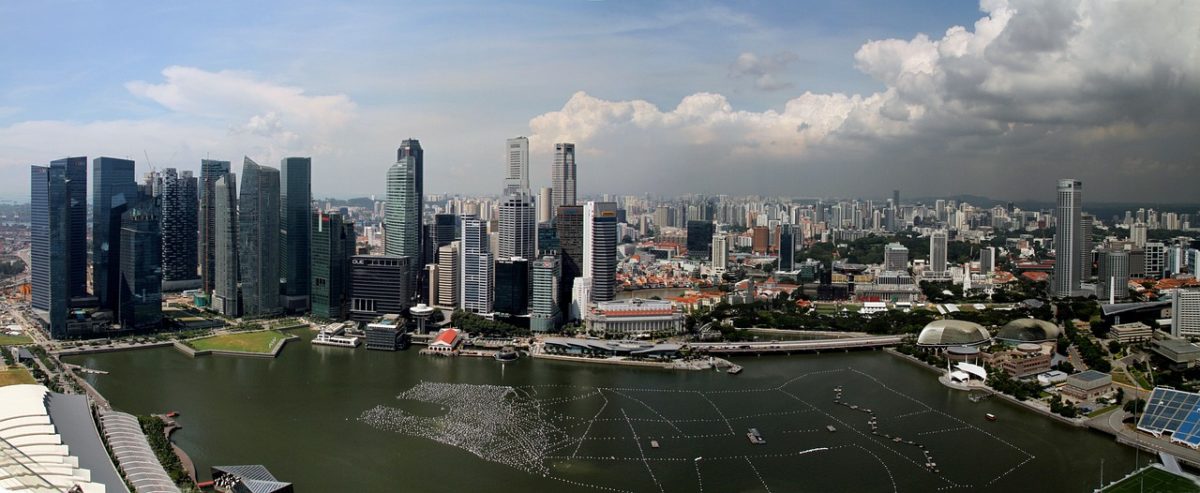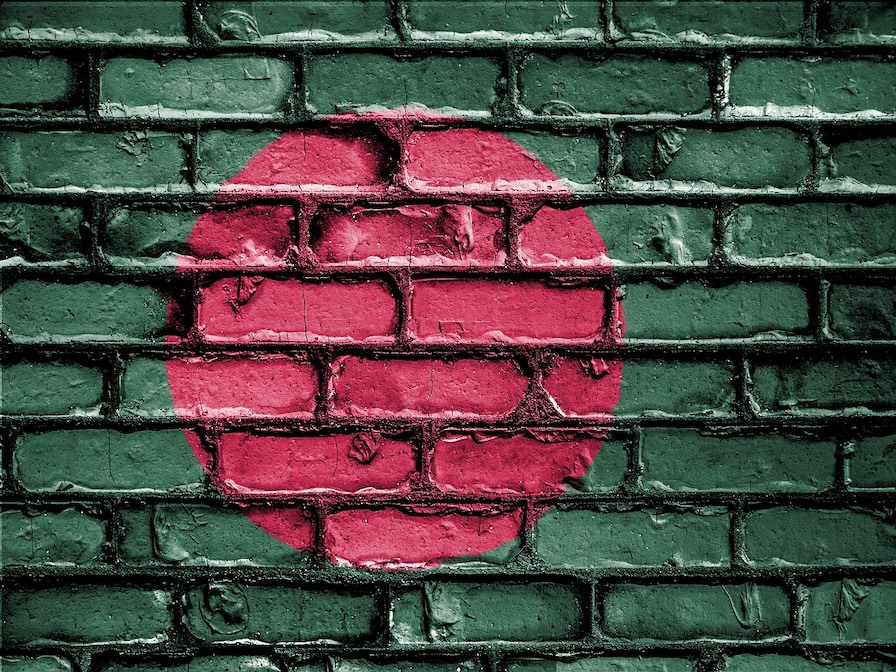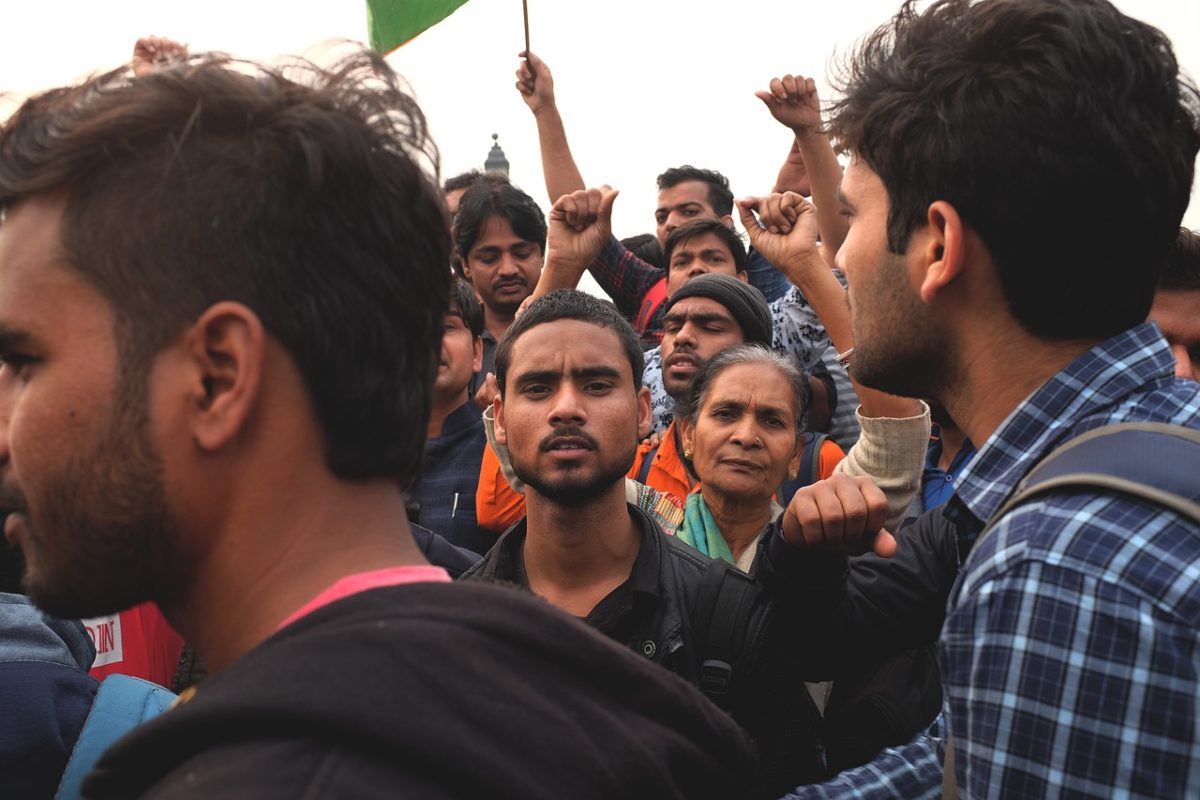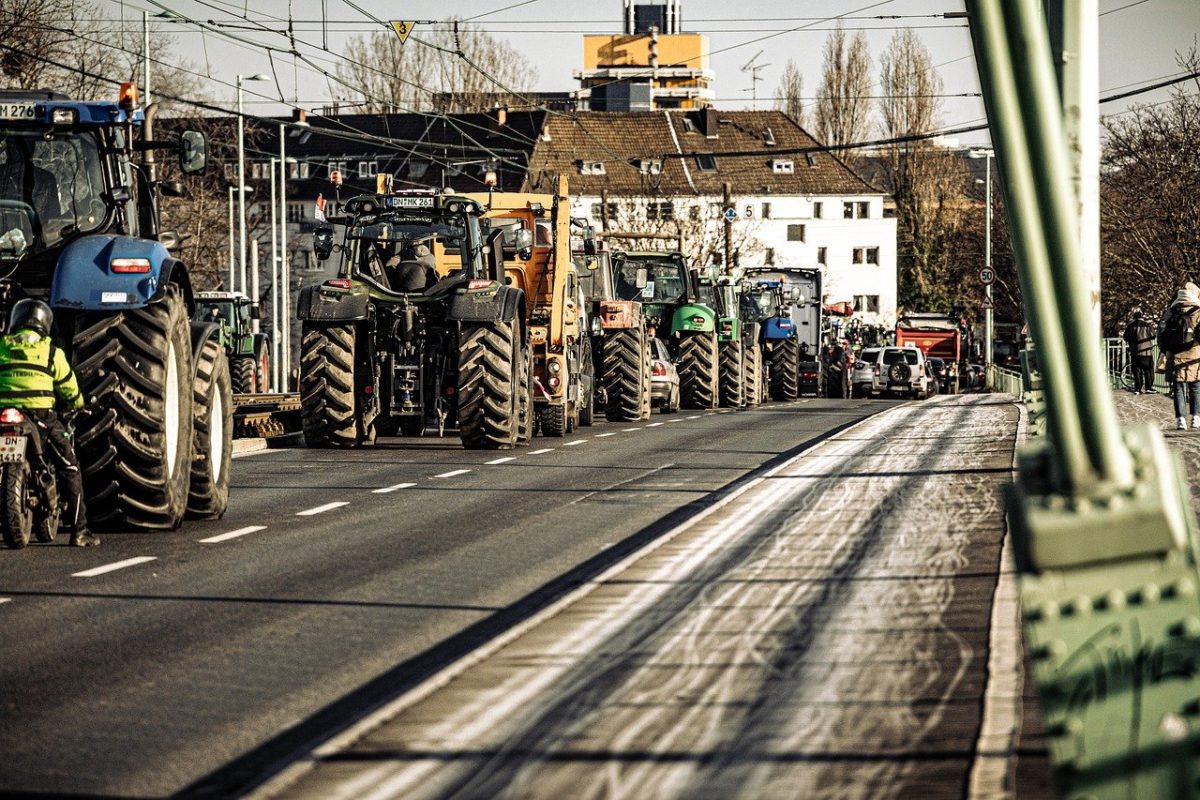We examine four episodes where statecraft became applied psychology: the United Kingdom mollifying Donald Trump to secure a swift trade accord; Canada’s Mark Carney firm yet conciliatory approach to Canadian-US relations; the conclave’s election of Pope Leo XIV, a median figure within the Church; and India’s calibrated media roll-out after strikes in Pakistan. Across these cases, firmness & aggression is mixed with civility, deploying symbolism, messenger selection, and careful narrative framing to steward egos and restrain escalation.
Continue reading “The Hard-Soft Equation: Optics, Power, and Pragmatism”Category: Asia
Situation Brief: Pakistan’s 26th Constitutional Amendment
Summary
- Reforms to the Judiciary: The 26th Constitutional Amendment in Pakistan introduces significant changes to the judiciary, including curtailing the Supreme Court’s suo motu powers (ability to act on its own cognizance) and creating specialised constitutional benches.
- Judicial Appointments: The amendment restructures the Judicial Commission of Pakistan, increasing parliamentary influence over judicial appointments and adding a technocrat to the selection panel.
- Environmental Rights: A new Article 9A guarantees citizens the right to a clean and sustainable environment, reflecting growing environmental concerns.
- Supporters’ View: Proponents argue the amendment restores the balance of power between parliament and judiciary, while improving judicial efficiency and transparency.
- Critics’ Concerns: Critics, including the opposition and international bodies, warn it undermines judicial independence by increasing political influence and limiting judicial oversight.
Tariffs as a Geopolitical Tool: The Intersection of Domestic Politics and Global Trade
Summary
- Tariffs as Geopolitical Tools: Tariffs are increasingly used not only for economic protection but also for geopolitical strategy, influencing global trade and signalling national interests.
- Chinese EV Industry Example: The EU and other countries are imposing or considering tariffs on Chinese electric vehicles, citing unfair competition, while also protecting domestic industries from the rapid growth of China’s EV sector.
- Domestic Political Motives: Tariffs often cater to domestic political considerations, such as protecting jobs and industries, as leaders seek to address public concerns and safeguard strategic sectors.
- Impact on Global Trade: While tariffs may protect local industries, they risk disrupting international supply chains, increasing costs for consumers, and escalating global trade tensions.
- Strategic Industries and Future Trends: Tariffs on key sectors like green energy and advanced technology are expected to grow, further entrenching protectionism and complicating global trade relations.
Middle-class populism in Singapore?: situation brief
- Policy announcements: Prime Minister Lawrence Wong has announced policies to support the middle class, address societal concerns, and maintain social stability in Singapore.
- Housing Affordability: Enhanced subsidies and adjusted income ceilings aim to make public housing more accessible for middle-income families, addressing the rising costs of private housing.
- Healthcare and Social Security: Increased healthcare subsidies and expanded CPF contributions are designed to ease the financial burden on the middle class, particularly in the face of rising medical costs.
- Education and Skills Development: Expanded subsidies for skills upgrading and lifelong learning seek to boost middle-class workers’ adaptability in a rapidly changing economy, ensuring continued upward mobility.
- Cost of Living Relief: Targeted financial relief, such as utility bill rebates and tax reliefs, aims to mitigate the pressures of rising living costs on middle-income households.
- Social Cohesion and Inequality: These policies aim to address middle-class disillusionment and prevent social fractures by ensuring economic opportunities remain accessible and social harmony is maintained amidst growing inequality.
Navigating the Backlash Against Mass Tourism: briefing note
In recent years, the growing backlash against mass tourism has become a significant issue for many of the world’s top travel destinations. Cities and countries that have long benefited economically from tourism are now grappling with its negative consequences, from environmental degradation to social tensions. In response, many local governments have implemented measures to curb overtourism, such as banning short-term rentals, imposing higher tourism taxes, and limiting the number of cruise ships allowed to dock. These actions, while necessary to protect local communities and ecosystems, have also brought new challenges, particularly in the realm of local politics.
Continue reading “Navigating the Backlash Against Mass Tourism: briefing note”Bangladesh: situation update
Summary
Bangladesh has experienced significant political unrest and violence, with the following key events have taken place in the past 24 hrs:
- Violence and Clashes: The protests, initially driven by demands for electoral reforms and an end to the quota system for government jobs, have escalated into violent clashes between protesters and security forces. Over 80 people, including at least 13 police officers, have been reported killed in these confrontations. Authorities have imposed a curfew and restricted internet access in an attempt to control the situation.
- Prime Minister Resigns: Prime Minister Sheikh Hasina has resigned and reportedly fled the capital, Dhaka, amid the escalating violence. This development has intensified the political crisis, with opposition parties and protesters calling for the establishment of an interim government to oversee the next elections.
- General Waker-uz-Zaman assumes control: The military, led by General Waker-uz-Zaman, stepped in to restore order, imposing a curfew and restricting internet access. General Waker-uz-Zaman announced the military’s takeover in a press conference, emphasising the need to address the protesters’ demands and promising to stabilise the situation.
India’s Election: Situational Update
Summary
- Congress’s “Nyay Patra” Manifesto: Focuses on social justice with promises for jobs, financial aid for women, and a controversial wealth redistribution survey based on caste and minority status, sparking debates about its potential to deepen social divisions.
- BJP’s “Abki Baar 400 Paar” Campaign: Led by Prime Minister Narendra Modi, targets over 400 seats with a platform emphasising national security, economic growth, and Hindu cultural nationalism. Criticises Congress’s manifesto as threatening national security and stability.
- Controversial Aspects of Congress’s Manifesto: Includes a wealth redistribution plan and a caste census, which have been criticised for potentially fostering economic disincentives and social unrest.
- Modi’s Rhetoric Viewed as Anti-Muslim: Accusations against Congress for pandering to Muslim interests, using divisive language, and linking Congress policies to historical adversaries like the Muslim League.
- Electoral Strategies and Implications: BJP’s campaign focuses on a strong nationalistic approach, while Congress aims for transformative social justice measures. The election presents a stark choice between two contrasting visions for India’s future.
India’s Election Bond Scheme: situational brief
Summary
- The Election Bond Scheme was launched by the Indian government in 2018, allowing anonymous donations to political parties via bonds issued by the State Bank of India, aimed at increasing transparency in political funding.
- Despite initial optimism, the scheme faced criticism for lacking transparency, as it enabled donors to contribute anonymously, raising concerns about undisclosed influences on policymaking.
- Analysis indicated a disproportionate advantage to the ruling party, with the Bharatiya Janata Party (BJP) receiving the majority of funds through these bonds, highlighting potential biases in the distribution of donations.
- Legal and ethical concerns emerged regarding the potential for an influx of unaccounted money and foreign influence in the political system, prompting challenges in the Supreme Court of India and calls for reform to address these issues.
Global Farmer Protests: Briefing Note
Recently, the agricultural sector has experienced significant unrest, manifesting in waves of farmer protests across the globe. Particularly prominent in the EU and India, these movements have been driven by a confluence of economic, environmental, and political challenges, reflecting broader concerns about sustainability, equity, and governance in the agricultural domain. This briefing note provides an overview of these protests, highlighting key examples, common themes and issues, and the wider political implications.
Pakistan: Situational update & digital campaign analysis
Summary
- The vote count for Pakistan’s recent election has concluded, with Imran Khan’s allies winning the most seats in the National Assembly, but not enough to form a majority.
- With no single party having enough seats to create a government independently, hopes of ending political turmoil are dampened. Khan’s party has declared victory and is urging all institutions to respect its mandate.
- However, there have been protests and petitions challenging the election results, and foreign governments have expressed concerns about irregularities and manipulation.
- Khan’s populist rhetoric and the country’s internet-savvy youth are reshaping Pakistani politics. His party used social media and AI to reach voters and mobilize support, bypassing state censorship.
